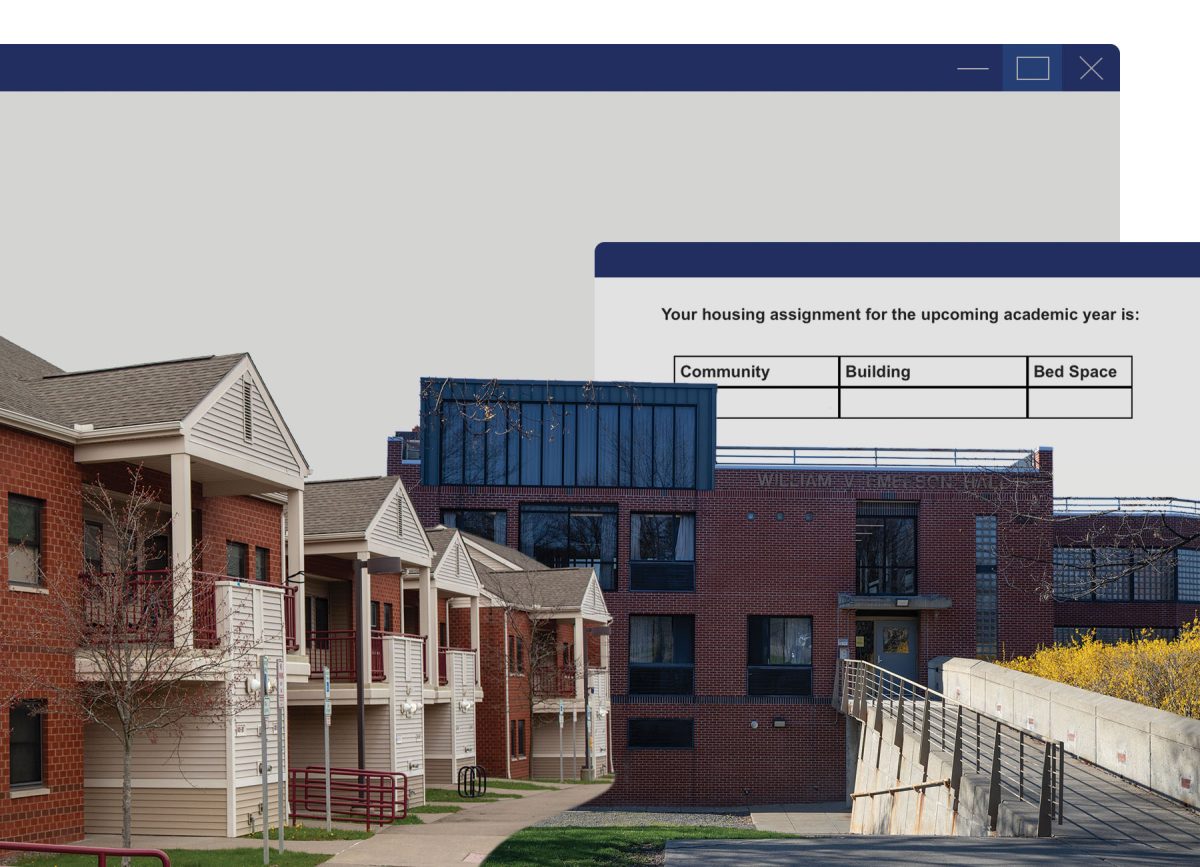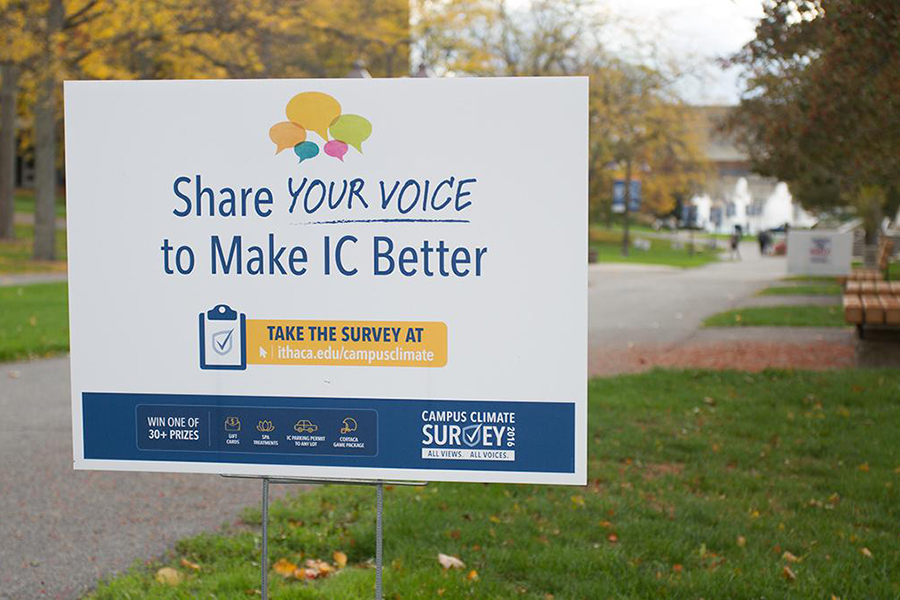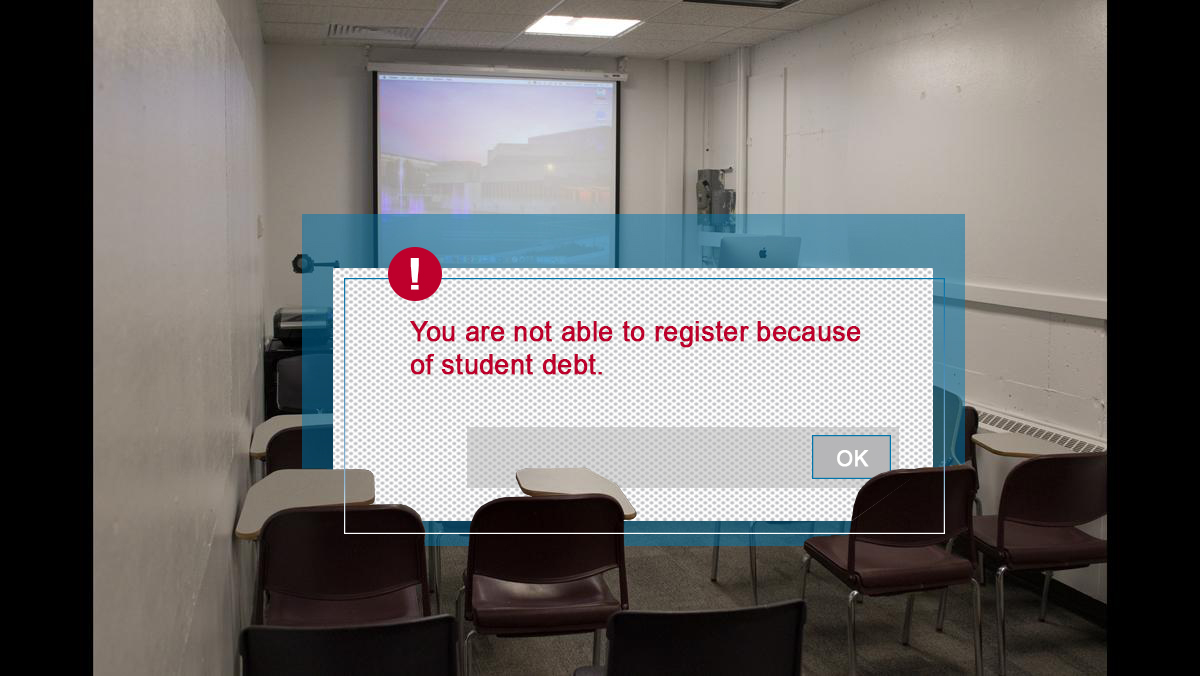The notion of race and the broader struggle in the fight for racial freedom were among the concepts debated Monday night in Emerson Suites, when Ithaca College welcomed Daniel Martinez HoSang, associate professor of ethnic studies and political science at the University of Oregon.
HoSang, who is also the author of the book “Racial Propositions: Ballot Initiatives and the Making of Post-War California,” was the second speaker in this year’s discussion series sponsored by the Center for the Study of Culture, Race and Ethnicity.
Nearly 50 students attended the event, titled “Repoliticizing Racial Justice in the Age of Obama.” Paula Ioanide, assistant professor at the CSCRE, introduced the speaker with an explanation of the title of this year’s series, “Just Cause? Just Language? Just Us?”
“Are actions a just cause, or do we act just ‘cause?” she said. “Do we speak a just language, or are our words just language? Is this about justice or about just us? Or is it just us concerned with justice?”
Ioanide said the organizers of the series questioned the language in politics, media and the classroom, which tend to label racism as a thing of a past.
“This effect got amplified after President Obama’s election,” she said.
In his presentation, HoSang used key historical figures in the struggle against racism to discuss racial equality, racial equity and racial justice.
He began with a quote from journalist and essayist C.L.R James: “The African bruises and breaks himself against his bars in the interest of freedoms wider than his own.”
HoSang said this quote illustrates that black politics is defined as more than something that advances black interests.
“[James] actually didn’t spell out what the freedom was in some kind of list,” he said. “The challenge is to think about how our direct experiences around racial oppression and subordination bring us toward shared freedoms.”
Addressing the concept of equality, HoSang said arguments for equality have been used to undermine anti-discrimination decisions.
He also said the term “racial equity” does not remind people of the political dimension of race.
“Racial equity conceptualizes race as a population where demographics rule, simply an attribute that we have … rather than a relation of power, rather than a relationship,” he said.
HoSang used the origin of the term “Caucasian” to illustrate this. The word was coined after German anthropologist Johann Friedrich Blumenbach declared that the most beautiful race of men comes from the Caucasus Mountains in Eurasia.
Blumenbach reached this conclusion in the late 18th century, after observing that from his collection of skulls, the one with the perfect dimensions came from Georgia. There was later debate among experts and the courts about which regions of the world produced Caucasians.
“The point is that it’s a made-up term,” HoSang said. “There is nobody who is Caucasian. It was made up. So it was never introduced as a way to describe demography. It was introduced to describe a relationship, a relationship of power.”
HoSang said race only makes sense when used to describe relationships both between people in the same racialized groups or between different groups.
“Race is a meaningless concept unless you talk about how it relates,” he said. “White makes no sense at all unless you have something to compare it to, and unless it’s in a relationship of power.”
Members of the audience then posed questions on several topics, including a possible solution to racism and the future of a multi-ethnic America. Freshman Ameera Badamasi said this open dialogue helped her better grasp the concept of race.
“I still have more questions, but I like that they opened it up so that you have your own interpretation of race and what steps we can take to make it unified,” she said.
Naeem Inayatullah, professor and chair of the politics department, was a member of the audience. Speaking to HoSang during the discussion, Inayatullah said that concerns about class divide were not properly addressed, despite the mention of revolutionary Marxist C.L.R. James.
“You gave up on the concept of equality right from the start far too easily,” Inayatullah said. “It seems to me that the conception of justice, regardless of what it means, has to include a conception of class as well … I don’t want to just pin it on you. The longer that I live, the more I recognize that almost all of life is an attempt to avoid conceptions of class.”
Speaking in response, HoSang said C.L.R. James challenged other Marxists to think beyond class.
“I do think what James goes on to say is that he does not want to reduce a black freedom struggle to a struggle of what we would call class or simply a way to interpret an economic relationship,” he said.
The third speaker in the CSCRE discussion series will be Christopher A. House, assistant professor of communication studies at Ithaca College. House’s presentation is titled “Politicized God Talk & Neo-Evangelical Disidentification” and will be held at 7 p.m. Nov. 11 in Clark Lounge.






